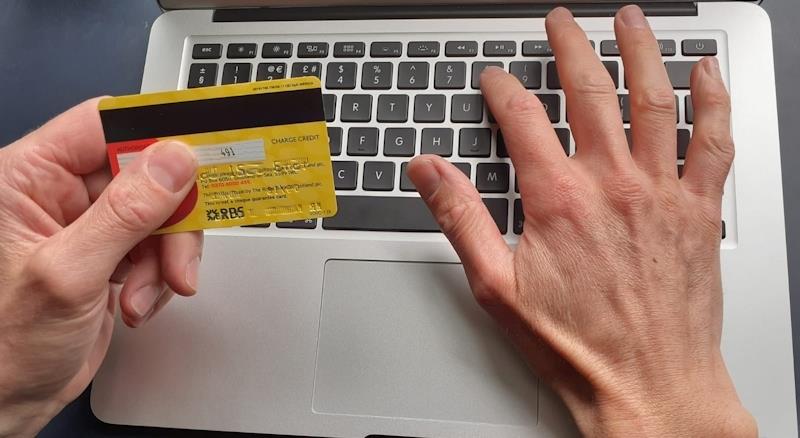
Beware scammers when you are buying a boat
by Magnus Smith 8 Jul 2020 17:03 BST

Be aware of scammers' tricks before buying an unseen boat online © Magnus Smith
It is a sad fact that the secondhand boat market is still prone to dodgy-dealing and cunning rip-offs. Some buyers are still falling foul of ruses that are over 30 years old, which can make it seem even more painful. Old hands looking for their tenth craft, as well as those new to the sport and buying their first boat, all need to be aware that sharks infest these waters.
The following guidelines will hopefully help most buyers stay safe and avoid fraud, but may not cover every possible situation.
1. Always speak to a human
When you are conversing only by email, the seller can easily conceal his location. By dialling a local number and having a spoken chat you are drastically cutting down on the chances of being hoodwinked. You immediately find out if the seller is fluent in your language, and recognises technical questions on boating topics. Should your enquiry about mast height or engine horsepower confuse the seller, this would be a red flag. Beware those who claim to be selling for a friend (or deceased spouse) in order to evade such questions. Finally, you can always Google a phone number to see if it shows up as being used to scam someone else, or appears in a legitimate place elsewhere online. Never accept that a buyer's number needs to be withheld for some reason. Do not call premium rate numbers!
The classified adverts in YachtsandYachting.com attempt to enforce this first basic guideline by sharing only phone numbers. We conceal email addresses from buyers, to reduce the number of half-hearted enquiries from people who are unlikely to commit to buying, but it also goes some way to enforce a genuine conversation between two real people.
2. Look at the boat with your own eyes
If you haven't seen the boat, it may not even exist. Photos can be faked. Photos can be copied from old adverts and re-used. To purchase in this manner makes it very difficult to stay safe. You are in the other party's hands, and there is no real way to know if they can be trusted.
The tech-savvy may try a "reverse Google Image search" to see if someone else used the same photo elsewhere in the past. Likewise the wording of the advert you're reading may have been copied by a scammer harvesting classified adverts from another website, so Googling those phrases may turn up curious results.
3. Pay with cash or your own bank's transfer method
One of the biggest warning signs is when the other party asks for transfer of money by Western Union, which is a legitimate transfer service that has become the go-to solution for scammers for three decades now. If you want to buy a boat from a normal hard-working resident of your own country, what possible reason could there be for him to not want to use a simple bank transfer, which is easy to set up with online banking? Any deviation from this is suspicious. Scammers will have a plethora of stories ready to explain away such odd behaviour. Do not pay by Western Union!
PayPal is a wonderful way to transfer money simply by using email addresses rather than proper account numbers and sort codes... but is prone to a special type of scam, so do not enter into this without careful thought. Making the PayPal transaction before you actually get your hands on the boat leaves you totally scuppered if it never arrives; you cannot reverse the funds as easily as the other party suggests.
4. Pay the amount the boat costs, not more or less
When there is any hint of overpaying or underpaying (perhaps for delivery costs or an agent's fees) and then paying back the excess/shortfall in another method, this should be seen as a red flag. This often goes hand-in-hand with making strange arrangements for delivery, perhaps with a fictional 'friend' who will give you the excess money back in some way, or want paying for delivery. As soon as you hear "my shipping company will make the arrangements" alarm bells should ring!
If the worst happens
If you are the victim of a scam, please don't keep it quiet, no matter how much it hurts to admit you were taken in. Immediately tell your bank or credit card provider and also report the case to www.actionfraud.police.uk if you are a UK resident (other countries may have a similar cyber-crime arm of their law enforcement agency).
Please tell the rest of the world too, via a relevant online forum (or two or three) because the more general awareness is raised, the less people suffer. There may even be someone who can offer a crucial bit of information to assist your case.
Many of us remember our first boat being a secondhand, but joyous, introduction to the sport we love. Let's hope that all of boating's future participants have a happy transition into their new life afloat.